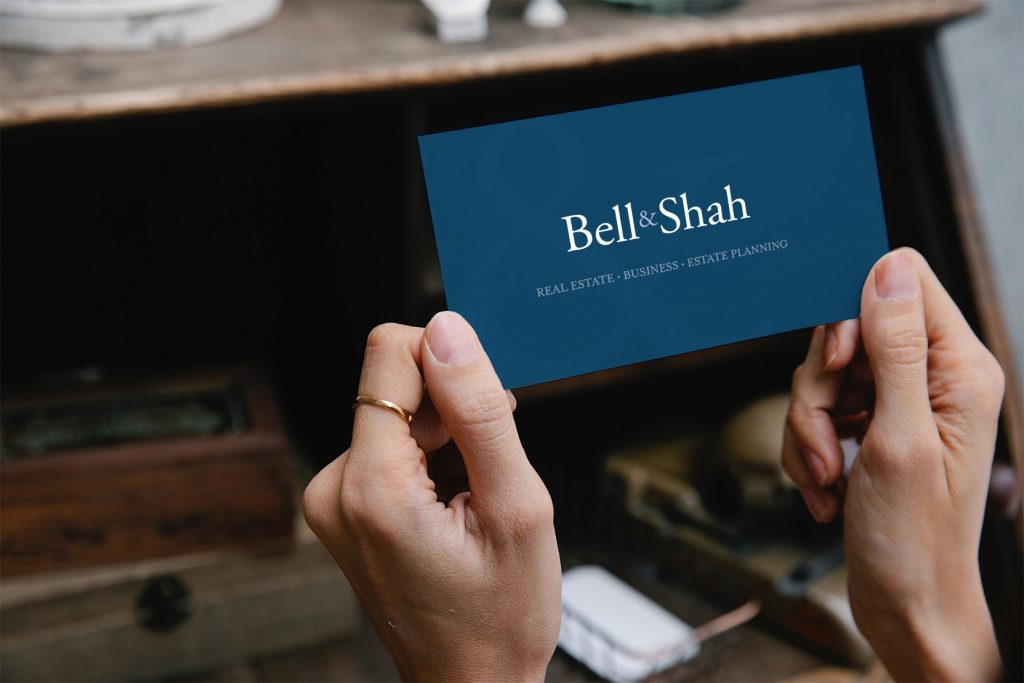A closing settlement statement often completes a real estate transaction. You can also call them a settlement sheet or a HUD-1 statement. These documents present a comprehensive itemized listing of the funds and credits exchanged in the transaction, along with the parties by whom and to whom the money and credits are to be paid. Closing agents prepare and write up closing statements or settlement sheets. They are professional individuals that operate mainly on the part of buyers by communicating the selling interest from buyers to sellers, guaranteeing the systematic transmission of legal titles from the sellers to the buyers in conducting the closing procedures. The sheets delineate the final terms and costs of mortgages. Closing settlement statements are very important when it comes to closing on some types of purchases. It is vital that you study them carefully before signing.
What to Include in an Illinois Closing Settlement Statement
An Illinois closing settlement statement covers real estate transactions where the transaction is all cash or owner financing. After completing the closing statement, closing agents will review, verify, and sign the documents. The buyer and selling also sign, recognizing acceptance of all financial aspects of the transaction. Some of the expenses recorded on the closing statement include the following:
- Agents’ commissions
- Mortgage insurance costs
- Deposits of property taxes
- Expenses related to the loan origination process
- Appraisal and mortgage broker fees, and
- Inspection costs.
Fees for obtaining the borrower’s credit report, for title searches, and for the services of attorneys, notaries, and closing agents may also be on the sheet.
For transactions employing closing settlement statements, buyers and sellers typically meet with a professional such as an attorney, a real estate agent, or a closing agent to look over the statements and make sure that all the details are accurate and acceptable. Even after completely preparing the statement, last-minute changes require both the buyer and seller need to review for correctness.
Trust Bell & Shah Law to Help
Contact Bell & Shah Law, LLC today for help with your Illinois closing settlement statement. Our experienced real estate attorneys look forward to hearing from you.

